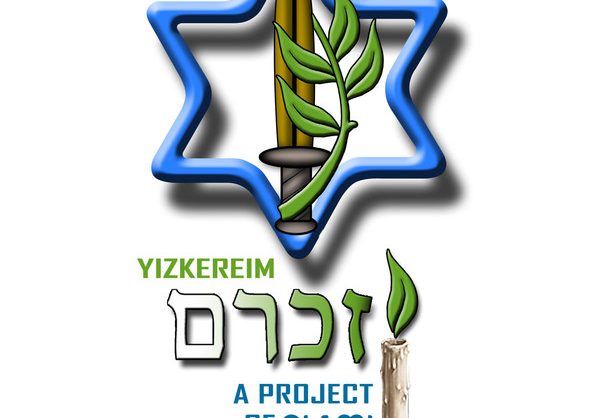Groilich, Menachem
He was born in Galicia and immigrated to Eretz Israel despite the strong opposition of his parents. In Israel he worked as a laborer in farmers’ farms in Petah Tikva and Rehovot. He was a lean, bent but quick and very successful man in his work, and soon his name emerged as one of the best workers in the area. His friends say that he was also a book man and a great scholar, and he read eagerly and with great pleasure books in Hebrew, German and Polish. He liked his friends and they were Simcha to work with him in the various farms. In 1917, the Petah Tikva farmers could not pay the workers for their work, and they went out to demonstrate and demand their livelihood from members of the Agricultural Committee. One day the Turks demanded that the guards of the settlement be handed over to them and the committee took advantage of this opportunity to pay back the workers and gave their names to the Turkish police. At that time, the Agricultural Center of Poalei Yehuda decided that ten Austrian nationals would be handed over to the Turks in the hope that their treatment would be more convenient. Thus Menahem volunteered to join the group and in October 1917 he was transferred by the Turks to a prison in Damascus. Where he and his comrades were severely tortured until they could no longer tolerate torture. Menachem died in prison and was brought to eternal rest in the Damascus cemetery. The name of Menachem and his two friends – Shmuel Streifler and Yitzhak Mahring is called Kibbutz Givat Hashlosha. His name was immortalized in the books “The History of the Haganah,” “Ruach VeHaHil”, “Haganah in Petach Tikvah” and “The Second Aliyah”. The sculptor Batya Lishansky designed the sculpture of the three that was erected in Kibbutz Einat in memory of Menahem and his friends. An investigation conducted in 2017 revealed that his resting place was located in the Jewish cemetery in Damascus, Syria
